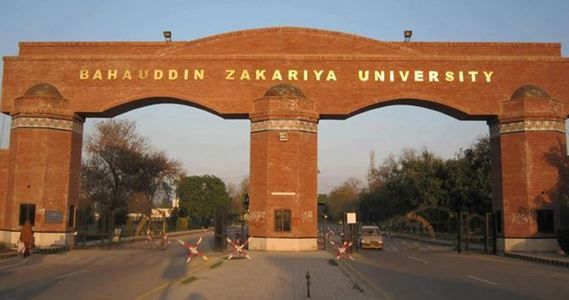China’s investments in other countries instead of solely focusing on developing its internal infrastructure can be attributed to several factors. These factors include China’s pursuit of economic expansion, its need for access to resources, and its ambitious Belt and Road Initiative (BRI).
Let’s examine each of these reasons and their effects in more detail.
Reasons Why China Needs to Invest in other countries
China is investing in other countries in order to expand its influence and acquire resources and technology. By investing in other countries, China can gain access to new markets, resources, and technology that can be used to help develop its own infrastructure and economy. Additionally, investing in other countries can help China increase its presence in the global economy and strengthen its diplomatic ties with other countries.
Economic Expansion
China’s investments in other countries are part of its broader strategy to expand its economic influence globally. By investing abroad, China can diversify its investments and reduce its dependence on the domestic market. This allows China to mitigate risks associated with fluctuations in its own economy and tap into new markets. The investments contribute to the growth of Chinese companies and industries, enabling them to become global players and compete with established multinational corporations.
The effect of China’s economic expansion is twofold. Firstly, it allows China to increase its geopolitical influence by developing economic ties with other nations. Through economic partnerships, China gains leverage and can shape international norms and policies to align with its interests. Secondly, it promotes economic development in the recipient countries. Chinese investments often involve infrastructure development, job creation, and technology transfers, which can contribute to the recipient country’s economic growth.
More Access to Resources
As the world’s largest consumer of commodities, China relies on access to resources such as oil, natural gas, and minerals to fuel its domestic economy. By investing in other countries, particularly those rich in resources, China secures a stable supply and reduces its vulnerability to price fluctuations or supply disruptions. This resource security allows China to sustain its economic growth and maintain stability.
The effect of China’s resource-driven investments is evident in the recipient countries. These investments often lead to the development of extractive industries, such as mining and energy, creating employment opportunities and boosting local economies. However, concerns have been raised about the environmental impact and sustainability of such investments, as they can contribute to resource depletion and ecological degradation if not managed responsibly.
Belt and Road Initiative (BRI)
The Belt and Road Initiative is a massive infrastructure project launched by China, aiming to enhance connectivity and foster economic cooperation across Asia, Europe, Africa, and other regions. Through the BRI, China invests in infrastructure projects such as ports, railways, highways, and telecommunications networks in participating countries.
The effects of the BRI are manifold. Infrastructure development facilitates trade, reduces transportation costs, and improves connectivity between countries. It enhances economic integration and fosters regional cooperation. However, the BRI has also raised concerns about debt sustainability for participating countries, as some projects have resulted in heavy debt burdens. There have also been concerns about transparency, environmental impact, and geopolitical implications associated with the BRI.
In summary, China’s decision to invest in other countries instead of focusing solely on its internal infrastructure stems from its pursuit of economic expansion, access to resources, and the implementation of the Belt and Road Initiative. While these investments offer potential benefits such as economic growth, job creation, and improved connectivity, they also raise concerns related to debt sustainability, environmental impact, and geopolitical influence.







